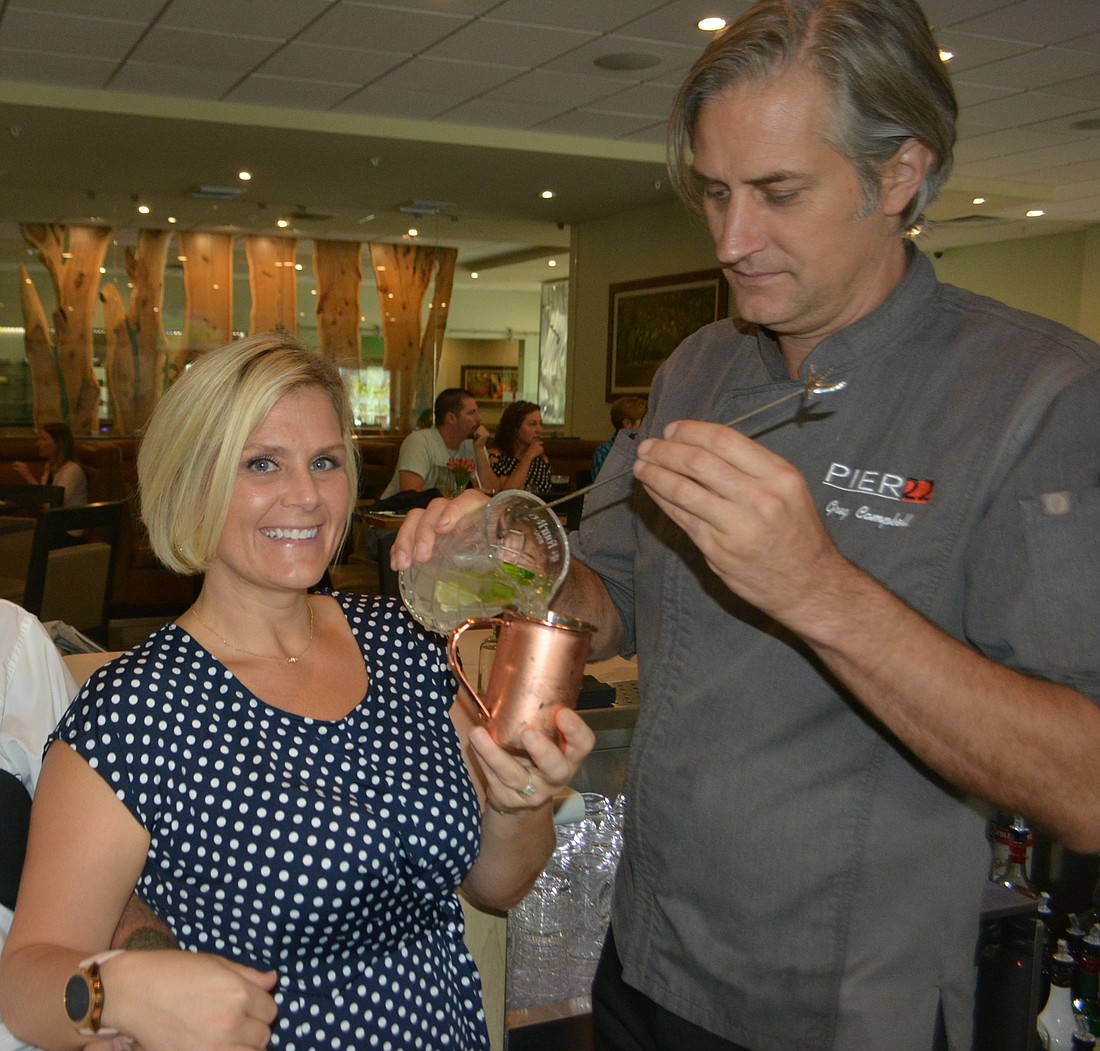- April 24, 2025
-
-
Loading

Loading

He was my friend.
His name was Primo Nancett, a thoroughbred handicapper at Golden Gate Fields in the San Francisco Bay Area and a guy who printed a tip sheet called "Primo's Picks."
Although I was 30 years younger than him and somewhat of a competitor as the handicapper for the local newspaper, Primo grew fond of me and spent many hours sitting on the other side of my desk discussing thoroughbreds, racing, the world and everyone else's problems.
However, on this day in the late 1980s, the problems were his alone.
Primo had just got out of the doctor's office, and he came right to my office. He looked at me, and I looked back, seeing a blank, scary expression as opposed to the guy with the perpetual smile. It was obvious something was very wrong.
He struggled for a moment, and then blurted it out. "Jay ... I'm going to die."
Words are my profession, but I could muster very little to say to my friend across the desk. Instead, I listened. Primo explained he had been diagnosed with ALS or amyotrophic lateral sclerosis, a progressive neurodegenerative disease that affects nerve cells in the brain and the spinal cord. I knew it very well because, as a New York Yankees fan, I had watched the movie "The Pride of the Yankees" about 100 times. Those who understand their Yankees history understand that ALS became known as "Lou Gehrig's disease."
Six months later, Primo was gone.
It's now 30 years later and I'm not sure that Primo's fate would be any different if he had been diagnosed today. Cures still evade the researchers, but there is hope.
I was talking about ALS, and hope, with Lake Club's Kevin and Shaina Swan on July 26. East County residents probably know Kevin Swan as the founder of A Life Story Foundation, and a person suffering from ALS. I don't say a "victim" of ALS, because he refuses to let that happen.
It has been more than seven years since Kevin Swan was diagnosed with ALS, and he continues to charge full-speed ahead in his quest to raise money for ALS and overall awareness so people understand the disease is considered underfunded compared to the plethora of other causes. Shaina Swan said it isn't about finding a cure to help him, but to help those "beyond him."
The latest effort to raise awareness comes at 6 p.m., Friday, Aug. 9 at the Grove Ballroom in Lakewood Ranch. It's is called the Celebrity Bartender Challenge — Cocktails for a Cure. Tickets, available at alifestoryfoundation.org, are $35 and include, among other things, a specialty cocktail and "an extensive menu" of appetizers supplied by Grove General Manager and Executive Chef Greg Campbell.
When Campbell promises an extensive menu, you can bet it will be worth the price of admission.
Among the celebrity bartenders will be ... me. I am working the first shift, beginning at 6 p.m., in case anyone wants to visit, and perhaps leave a tip for A Life Story Foundation.
Although I've been a bartender before, I asked Campbell about how he would describe bartenders in general.
He said five or six types exist, including the social bartender, who knows all the scores and the news, and who struggles to get drinks out on time; the worker bartender, who is great at cleaning and getting drinks out, but who suffers with the social aspect; the expert drink maker, who can make every drink known to mankind but avoids any side work or cleaning duties; and the cleaner bartender, who can do nothing very well, but clean.
Campbell said all are necessary.
"You need to have each one, but they don't understand they need to have each other," he said. "And it's very uncommon to get all those talents combined."
In my experience downing adult beverages, I often come face-to-face with the bartender whose schtick is being mean to the customers. What if I want to be that guy?
"Mean bartenders don't last very long," Campbell said. "Although I have seen others collapse and turn into that guy."
OK, no mean bartenders at this event.
Among the other celebrity bartenders will be Shaina Swan, who will be serving a cocktail she will call AT-1501, in IV bags no less.
The real AT-1501 is an antibody produced by the ALS Therapy Development Institute. It protects nerves against the progression of ALS and it has produced promising preclinical data.
That's the hope I was talking about.
With that in mind, I will toast Primo at this fundraiser, along with hope for our future. Please join me.